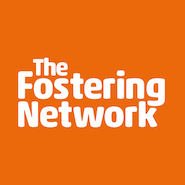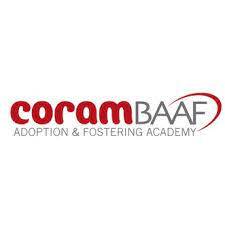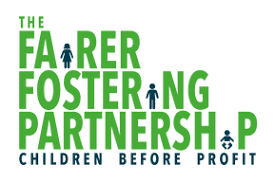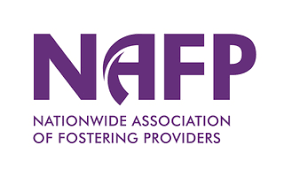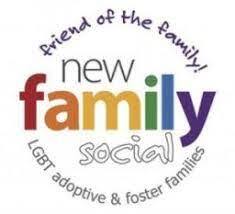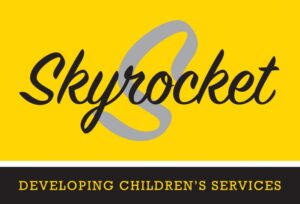Fostering, ethnicity & religion


Diverse foster families make all the difference
Children and young people in care come from a wide range of backgrounds. Recognition and empathy for their background can make all the difference when it comes to successful placements.
We want the transition into your home to be as seamless as possible, which is why we try to match placements as closely as possible – culturally and religiously.
If a child can recognise themselves and their culture within your home environment, they tend to settle much easier. It also helps if a foster family can immediately accommodate any dietary requirements, holidays and ceremonies that a child may expect or need access to which is why its so important we encourage diversity in foster care.
Diversity in foster care makes successful foster placements
It isn’t always possible to match a child with a family that matches their religious beliefs or cultural background, and this is where our training programs come to the fore! We ensure you have all the tools and information at your disposal to help a child transition into your home, no matter what their background is.
Nerves are a part of fostering and doubting if you can provide everything a child needs is natural. Speaking frankly to your social worker is fundamental to us so that we can provide the best possible service as we need you to hit the ground running with your foster child! Apprehensions can be tamed with the correct support and training, if you feel you need more information and exposure to help you on this journey we will supply you with everything you need to succeed.
Latest
A family is for life | Take action today
Can any of us really be foster carers?
What does PRIDE mean to you?
Make an enquiry!
Become a foster carer

